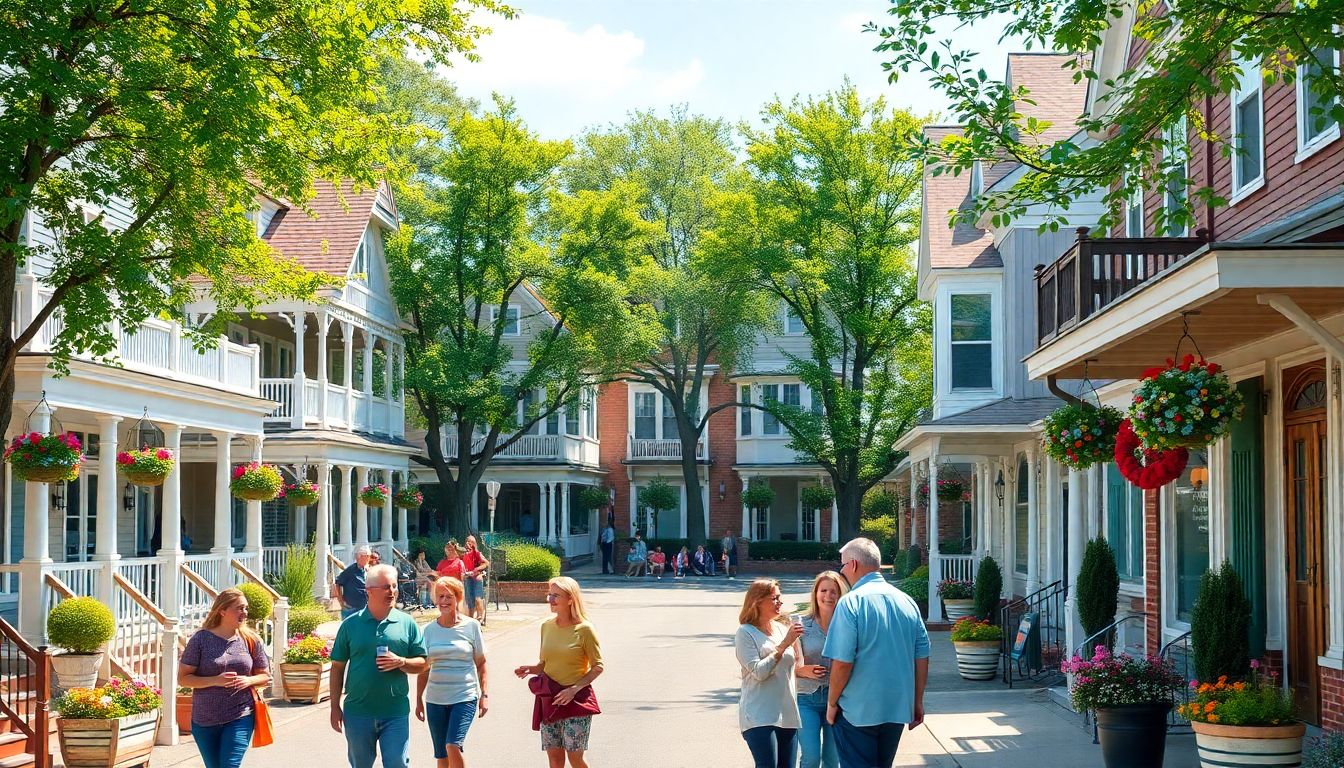Is This a Good Investment? Key Factors for Evaluating a Neighborhood
Imagine finding that perfect neighborhood, a goldmine for real estate! Everyone dreams of scoring big in property investment. But what makes a neighborhood a smart choice? Choose poorly, and your investment might sink. Some investors have hit the jackpot; others, sadly, have not. What separates the winners from the losers? It boils down to a few key things that can make or break your investment. Let's jump into what matters when picking a neighborhood.
Solid Economic Foundations
A strong local economy is super important. It boosts property values and drives up the demand to rent. Think about it: more jobs equal more people needing homes. Is the area booming or just getting by?
Job Market Strength
What kind of jobs are around? An area with diverse industries can weather any storm. Check those unemployment rates and job growth trends. A place adding jobs is a plus! You want a place where folks can find work.
Income Levels and Growth
How much do folks earn in the area? Look into the median household income. Is income growing, or is it stuck? Compare that to the national average. Higher incomes often mean people can afford pricier homes and rents.
Major Employers
Are there any big companies or institutions nearby? Think universities or hospitals. These "anchor institutions" bring stability. What happens if a big employer leaves town or a new one shows up? It could really shake things up.
Desirable Amenities and Lifestyle
Quality of life is a huge draw. It brings in residents and pumps up those property values. People want to live where life is good. Do the locals love it there?
Quality Schools
Good schools are a major selling point. Check those school ratings, test scores, and how many students are in each class. Even if you don't have kids, great schools boost property values. Everyone wants to live near quality education!
Parks and Recreation
Are there parks, trails, and community centers nearby? Green spaces make a big difference in people's health and happiness. Having a place to play and relax is a big win.
Shopping and Dining
What's the local shopping and dining scene like? Does it have cool local businesses or just chain stores? A vibrant local scene attracts people and makes an area desirable.
Real Estate Market Dynamics
Knowing the local housing trends is key to investment success. What's hot and what's not? It all comes down to paying attention.
Property Values and Appreciation Rates
How have property values changed over time? What are the recent appreciation rates like? Compare those to the regional and national averages. Is it going up, down, or sideways? Look for a steady upward trend.
Rental Market Analysis
What are the rental rates like? What about vacancy rates? Is there high demand for rentals? Are there apartments, houses, or condos for rent? A strong rental market can bring consistent income.
New Construction and Development
Any new homes or businesses being built? This could be a good or bad sign. Too much building could drop property values. Carefully consider the impacts of development.
Safety and Security
Safety is key for attracting residents and keeping up property values. No one wants to live where they don't feel secure. Is it a safe and quiet place?
Crime Rates
Check the crime stats, including violent and property crimes. Compare them to the regional and national averages. Lower crime rates make an area more attractive.
Community Involvement
Is the community engaged? Are there neighborhood watch programs? Active communities tend to be safer and more appealing. A close-knit community shows people care.
Infrastructure and Public Services
How are the roads? Is there good public transportation? What about sanitation and emergency services? Good infrastructure makes life easier and boosts property values.
Future Growth Potential
Think long term and see where things are going. Will the neighborhood be a good investment in the future? It is important to consider potential shifts.
Zoning and Development Plans
Any plans for new roads or transportation? What about changes to zoning laws? These things could impact the neighborhood's future. Stay up-to-date on development plans.
Demographic Trends
Is the population growing? How old are the residents? Is it attracting families, young professionals, or retirees? An area's appeal to different groups matters.
Investment Opportunities
Are there fixer-uppers or vacant lots? Maybe properties with room to grow? These could be good investment opportunities. Sometimes, a diamond hides in the rough.
Conclusion
Picking the right neighborhood for investment involves a lot. Look at the economy, lifestyle, real estate trends, safety, and future potential. Do your homework and dig deep. Don't just jump in without looking. Ready to take the next step? Now is the time to start researching!
